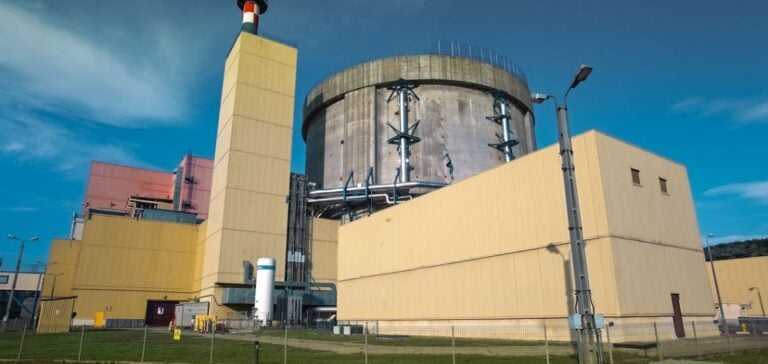Candu Energy Inc., a subsidiary of Groupe AtkinsRéalis Inc., achieved a significant milestone in 2024 by generating more than $1 billion in purchase orders linked to the supply chain for its CANDU® nuclear reactors. This impressive figure, distributed among over 350 companies, underscores the importance of the Canadian nuclear sector and its role in the local economy.
According to Candu Energy, 97% of this investment directly benefited Canadian companies, highlighting the local integration of this technology. AtkinsRéalis’ subsidiary has long been a key player in the Canadian nuclear sector, and this achievement reaffirms its central role in the country’s energy transition.
A technology supporting carbon neutrality
CANDU technology relies on the use of natural uranium, eliminating the need for foreign enrichment, thus ensuring national energy security. Gary Rose, President of Candu Energy, stated that this technology represents an ideal solution to meet growing clean energy demands while supporting the local economy.
“CANDU reactors are entirely designed, built, and maintained in Canada, creating thousands of jobs and generating significant economic benefits over several decades,” he said. According to a report from the Conference Board of Canada, building a CANDU MONARK™ nuclear power plant with four reactors, a concept developed by Candu Energy, could generate $40.9 billion in Canadian GDP impacts.
Major economic benefits
The economic impact of CANDU MONARK™ reactors would extend beyond construction. The operation of these reactors over a 70-year span is expected to generate an additional $49.5 billion for the GDP and sustain 3,500 annual full-time equivalent jobs.
The Canadian nuclear ecosystem already supports more than 89,000 stable jobs in various trades, ranging from manufacturing to technical services. With this strong foundation, the country positions itself as a global leader in sustainable nuclear energy.
A campaign to promote nuclear energy
In February 2024, the “Canadians for CANDU” campaign was launched to promote the adoption of this technology in Canada and abroad. Co-chaired by influential political figures such as Jean Chrétien and Mike Harris, this initiative aims to support efforts to achieve net-zero goals.
With demonstrated economic and environmental advantages, along with a firmly established supply chain, Candu Energy and its partners reinforce their role in Canada’s energy strategy.






















